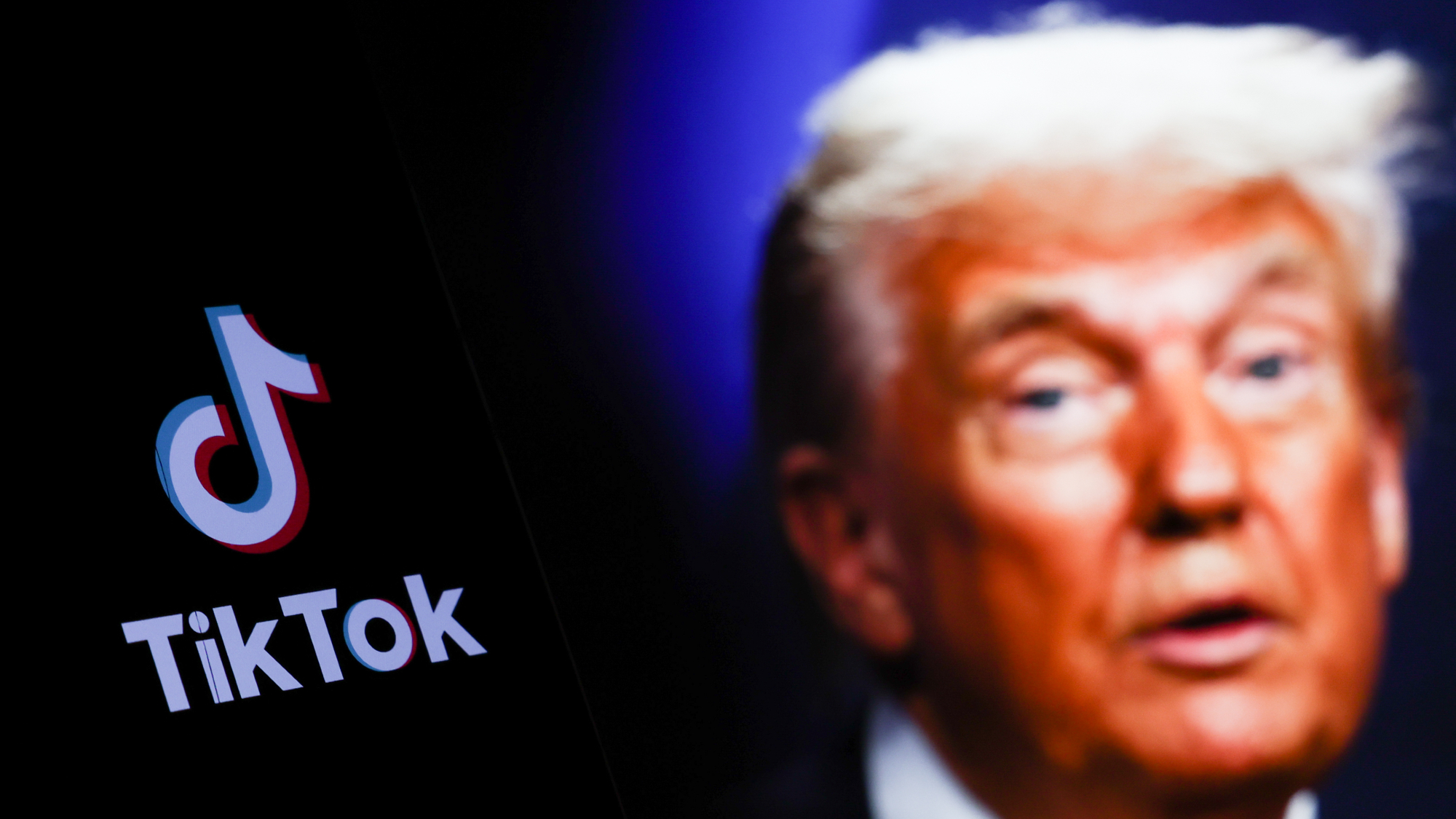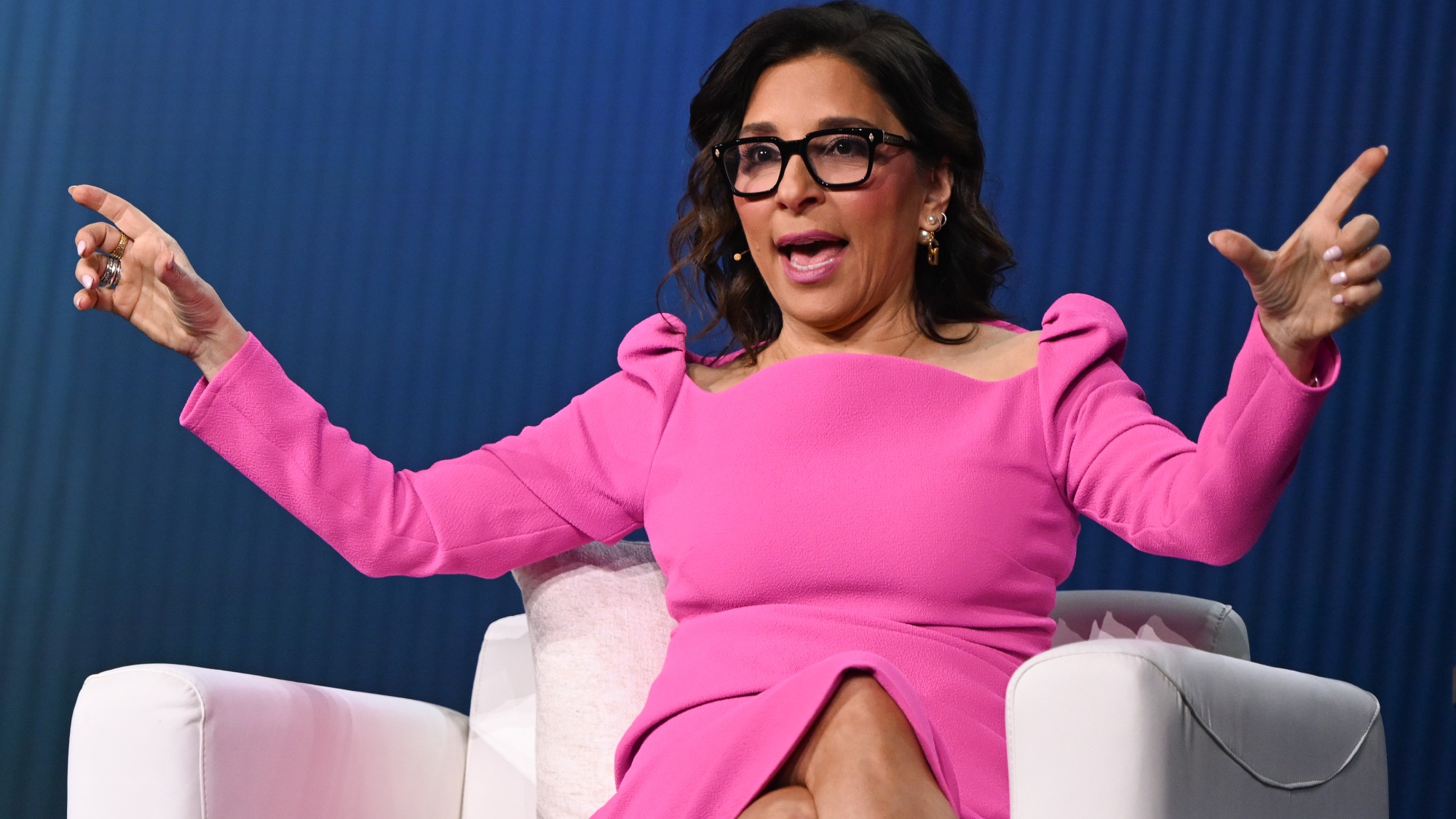How Instagram is using AI to tackle bullying
Automated systems will flag images and captions that show signs of hurtful content

A free daily email with the biggest news stories of the day – and the best features from TheWeek.com
You are now subscribed
Your newsletter sign-up was successful
Instagram is turning to artificial intelligence (AI) to spot signs of bullying in photos and comments.
Due to roll out across the social network within the coming weeks, the algorithm will automatically scan images and captions for content that violates the company’s community guidelines, according to the Daily Mail.
For instance, the AI can “detect if a photo is criticising a person’s appearance or character”, the newspaper says, or if an image “is making a threat to someone’s wellbeing”.
The Week
Escape your echo chamber. Get the facts behind the news, plus analysis from multiple perspectives.

Sign up for The Week's Free Newsletters
From our morning news briefing to a weekly Good News Newsletter, get the best of The Week delivered directly to your inbox.
From our morning news briefing to a weekly Good News Newsletter, get the best of The Week delivered directly to your inbox.
Once an image is flagged by the algorithm, it is then sent to Instagram’s Community Operations team to be evaluated by a moderator.
The Verge believes this human reviewer could be the key to the AI’s success as automated systems often have difficulty understanding “context and nuance”.
“Automation without oversight is a recipe for disaster,” the site says.
It’s hoped the algorithm will help protect Instagram’s younger users, as they experience the “highest rates of bullying online”, Digital Trends reports.
A free daily email with the biggest news stories of the day – and the best features from TheWeek.com
Adam Mosseri, the company’s new chief executive, said: “Online bullying is complex, and we know we have more work to do to further limit bullying and spread kindness on Instagram.
“We are now using machine learning technology to proactively detect bullying in photos and their captions and send them to our Community Operations team to review,” he said.
“This change will help us identify and remove significantly more bullying - and it’s a crucial next step since many people who experience or observe bullying don’t report it.”
Mosseri has been at the helm of the company for less than two weeks, says tech news site geek.com.
He took over the position of Instagram’s chief executive after company co-founders Kevin Systrom and Mike Krieger resigned from the social network last month.
-
 What to know before filing your own taxes for the first time
What to know before filing your own taxes for the first timethe explainer Tackle this financial milestone with confidence
-
 The biggest box office flops of the 21st century
The biggest box office flops of the 21st centuryin depth Unnecessary remakes and turgid, expensive CGI-fests highlight this list of these most notorious box-office losers
-
 The 10 most infamous abductions in modern history
The 10 most infamous abductions in modern historyin depth The taking of Savannah Guthrie’s mother, Nancy, is the latest in a long string of high-profile kidnappings
-
 Are Big Tech firms the new tobacco companies?
Are Big Tech firms the new tobacco companies?Today’s Big Question A trial will determine whether Meta and YouTube designed addictive products
-
 Is social media over?
Is social media over?Today’s Big Question We may look back on 2025 as the moment social media jumped the shark
-
 Australia’s teen social media ban takes effect
Australia’s teen social media ban takes effectSpeed Read Kids under age 16 are now barred from platforms including YouTube, TikTok, Instagram, Facebook, Snapchat and Reddit
-
 Trump allies reportedly poised to buy TikTok
Trump allies reportedly poised to buy TikTokSpeed Read Under the deal, U.S. companies would own about 80% of the company
-
 What an all-bot social network tells us about social media
What an all-bot social network tells us about social mediaUnder The Radar The experiment's findings 'didn't speak well of us'
-
 Broken brains: The social price of digital life
Broken brains: The social price of digital lifeFeature A new study shows that smartphones and streaming services may be fueling a sharp decline in responsibility and reliability in adults
-
 Supreme Court allows social media age check law
Supreme Court allows social media age check lawSpeed Read The court refused to intervene in a decision that affirmed a Mississippi law requiring social media users to verify their ages
-
 What's Linda Yaccarino's legacy? And what's next for X?
What's Linda Yaccarino's legacy? And what's next for X?Today's Big Question An 'uncertain future' in the age of TikTok